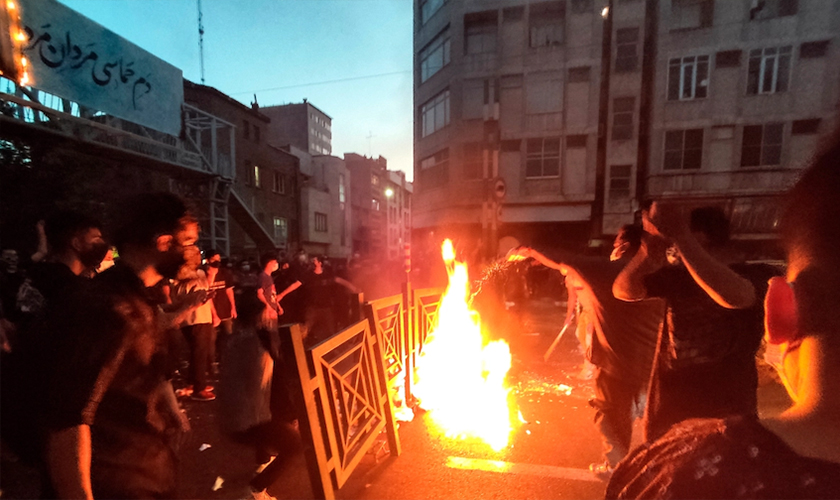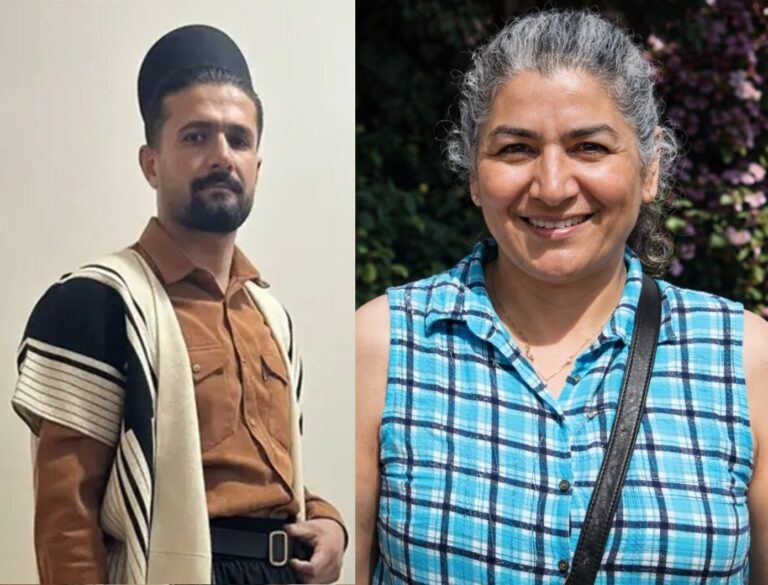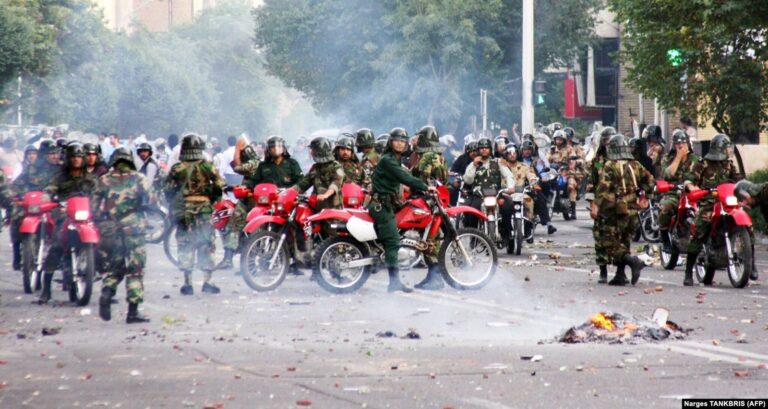
The US Commission on International Religious Freedom has condemned the sentencing to death of an Iranian protester on “religiously-grounded charges” and warned of the “credible” threat of “large-scale executions in the coming weeks”.
On Sunday, a Tehran Revolutionary Court sentenced the unnamed protester on charges including “enmity against God” and “corruption on Earth”, which USCIRF noted were “both grounded in religious interpretations”.
The independent, bipartisan group said the ongoing protests in Iran, now two months old, were at their root a cry for Iranians to be granted “their intentionally-guaranteed human rights”, including religious freedom.
USCIRF argued the killing of Mahsa Amini two months ago today was directly related to a lack of religious freedom in Iran, as the 22-year-old was killed “for wearing ‘improper hijab’, a legal standard based on an interpretation of religion and imposed on Iranian women without their consent”.
Commissioner Sharon Kleinbaum welcomed the upcoming UN Human Rights Council special session on Iran, set to take place on 24 November, and called on the US government “to continue to advocate for a UN investigative mechanism to hold accountable Iranian government officials complicit in religious freedom and related human rights violations”.
“Iran’s desperate attempt to violently repress Iranians seeking fundamental guarantees of freedom of religion or belief is deplorable,” she added. “The Biden administration must pursue every available measure to support Iranians asserting their internationally-guaranteed human rights and sanction officials responsible for these ongoing and violent crackdowns.”
Another commissioner, Eric Ueland, said Iranians’ “continuing struggle for religious freedom” was “inspiring”, and called on the US to “lead the international community in uplifting and amplifying the voices of Iranians calling for greater freedom of religion or belief”.




0 Comments